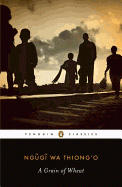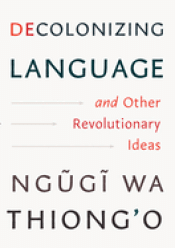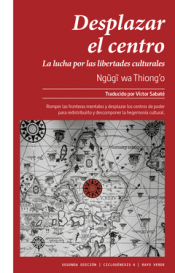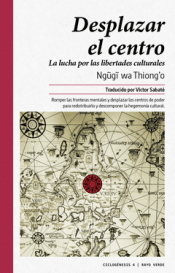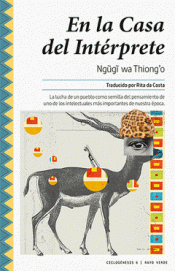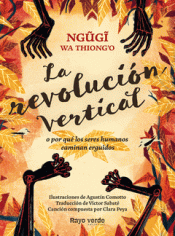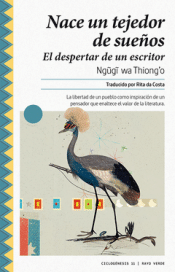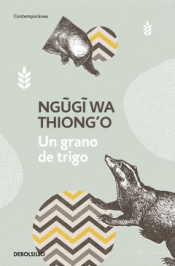Set in the wake of the Mau Mau rebellion and on the cusp of Kenya's independence from Britain, A Grain of Wheat follows a group of villagers whose lives have been transformed by the 1952-1960 Emergency. At the center of it all is the reticent Mugo, the village's chosen hero and a man haunted by a terrible secret. As we learn of the villagers' tangled histories in a narrative interwoven with myth and peppered with allusions to real-life leaders, including Jomo Kenyatta, a masterly story unfolds in which compromises are forced, friendships are betrayed, and loves are tested.
"One of the greatest writers of our time." -- Chimamanda Ngozi Adichie, The Guardian
"His novels . . . have been deservedly canonized by the iconic [Penguin Classics] series." -- The Wall Street Journal
A GRAIN OF WHEAT
AUTOR/A
THIONG´O, NGUGI WA
Ngugi wa Thiong?o nació en 1938 en Kenia en el seno de una numerosa familia campesina. Novelista, ensayista, dramaturgo, periodista, editor, conferenciante y profesor universitario, ha desarrollado además una importante labor como activista político y social. La publicación de Petals of Blood (1977), un fresco crítico acerca del régimen poscolonial del país, provocó su encarcelamiento. En prisión decidió abandonar el inglés y escribió en kikuyu, su lengua natal, la novela Caitani Mutharabaini (1982). El acoso político y las dificultades para continuar trabajando en su país motivaron su exilio. Su siguiente novela, Matigari (1986), fue prohibida en Kenia. En Londres trabajó estrechamente con el Comité por la Liberación de los Prisioneros Políticos de Kenia. En 2004, tras la dictadura de Moi, trató de instalarse de nuevo en su tierra, pero fue torturado brutalmente junto con su esposa. En la actualidad es profesor de Literatura Inglesa Comparada y director del Centro Internacional de Escritura y Traducción de la Universidad de California. El brujo del cuervo, su novela más reciente, ha recibido una excelente acogida crítica.

